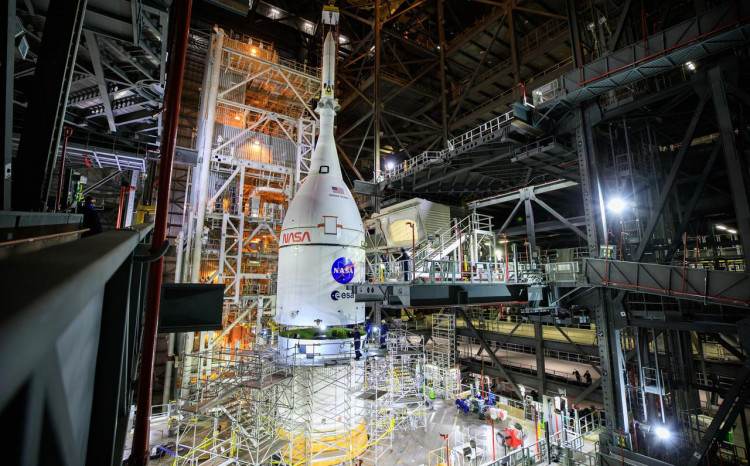Artemis' moonshot mission is to return humans to the moon and establish a long-term human presence on and around the lunar surface, beginning with the landing of the first woman and first person of color on the moon this decade.
Until recently, NASA had kept to the Trump administration's ambitious 2024 goal for the first crewed landing of Artemis. However, the timeframe for a lunar landing has been pushed out to "no earlier than 2025."
After next year's Artemis 1 launch, which is scheduled for February or March 2022, NASA Administrator Bill Nelson said the next mission, Artemis 2, will launch no later than May 2024 (rather than April 2023). Artemis 2 will be the first crewed mission to visit the Moon's vicinity in more than 50 years; however, the crew will not land.
The first crewed landing, Artemis 3, will now take place no later than 2025, according to Nelson. For that mission, NASA still expects to land near the Moon's South Pole
Nelson also revealed that Artemis 3 will be preceded by an uncrewed landing mission as part of the Human Landing System (HLS) contract awarded to SpaceX. Although not totally unexpected, this is NASA's first public announcement of support for an uncrewed landing. NASA officials did not reveal the mission number. The uncrewed landing will most likely enable for more demanding tests of the HLS's reliability, which, according to Nelson, has not received adequate Congressional funding.
Nelson also emphasized the necessity for increased competition in the HLS program, pointing out that "after all, the Chinese space program is increasingly capable of landing" people on the moon's surface. He also promised that NASA would be as aggressive with their timeframe as possible in order to "beat our competitors with boots on the Moon."
Of course, as Nelson pointed out, all of these ideas are contingent on funding. And that financing will have to factor in the rising expense of creating crewed versions of the Orion spacecraft, which will transport men to the Moon (without landing on it). The ESA estimates that the true cost of the second Artemis mission will be closer to $9 billion than the previous estimate of roughly $7 billion.
Indeed, Nelson stated that Artemis is critical in order to "learn what we need to" about humans in space for lengthy periods of time" before we travel to Mars within the next century.
He did not, however, address the specific value of establishing a long-term human settlement on the Moon, which had previously been part of the agency's official argument.






